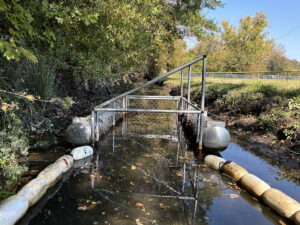News
2021 Pure Farms, Pure Waters priorities presented
Environmental, Legislative, Sound Rivers
Posted on January 14th, 2021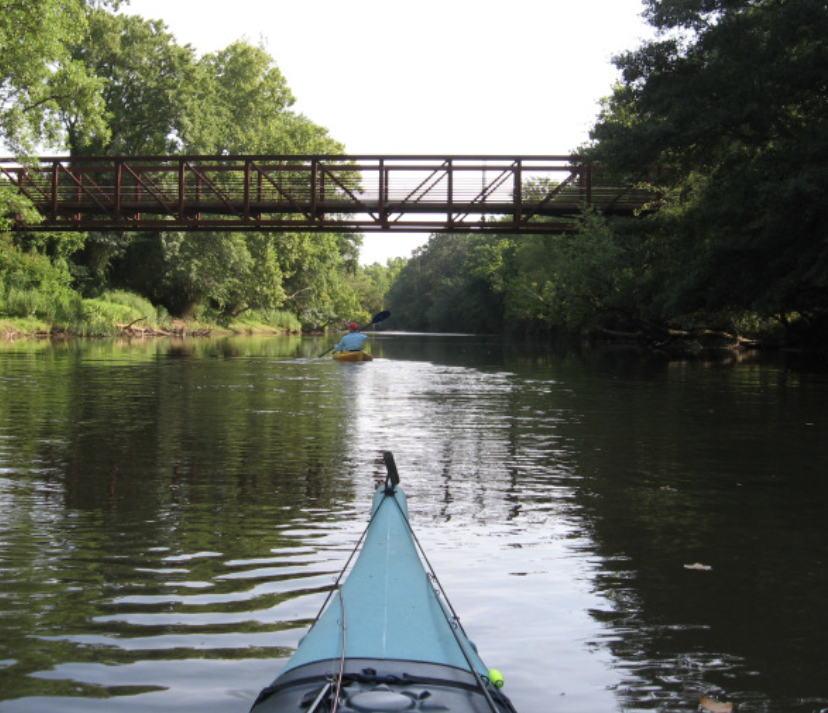
Upper Neuse Riverkeeper Matthew Starr presented clean water priorities to North Carolina legislators on Monday.
In a Zoom session, Starr submitted a slate of requests that ranged from funding to support farmers to confronting environmental justice issues.
“In the upcoming legislative session, we hope to work with legislators to increase funding for key agricultural programs and farmers that enhance and protect our environment and waterways,” Starr said. “Our goal, through increased funding for these programs and creating an equal regulatory framework for large poultry operations, is to have clean water and a prosperous agricultural economy.”
The full text of the 2021 Pure Farms, Pure Waters Legislative Priorities:
On behalf of Waterkeeper Alliance, Sound Rivers, Crystal Coast Waterkeeper, Cape Fear River Watch, Winyah Rivers Alliance, Haw River Assembly, Good Stewards of Rockingham, Yadkin Riverkeeper, Catawba Riverkeeper Foundation, White Oak — New Riverkeeper Alliance, and MountainTrue, we collectively advocate for clean water across the state of North Carolina. Many of the water quality issues we face in our respective watersheds are the result of impacts from Concentrated Animal Feeding Operations (CAFO) and other livestock issues. We respectfully submit the following legislative priorities with the goal of improving water quality across the state and supporting NC farmers.
Funding to Support Farmers:
- Increase Funding for Soil and Water Cost-Share Programs — The Agricultural Cost Share Program typically receives as much as $20 million in requests for $4 million in annual funding statewide. We recommend doubling that to meet demand. ($8 million recurring)
- Livestock exclusion from waterways — We suggest establishing a fund of $1 million recurring annually to help farmers install livestock exclusion fencing and alternative water sources. ($1 million recurring)
Managing Impacts from CAFOs:
- Funding for the Swine Farm Buyout Program — The swine farm buyout is a voluntary program that was established in the wake of Hurricane Floyd to remove swine farms from the 100-year floodplain. ($10 million nonrecurring)
Learn more about the Swine Farm Buyout Program from this easy-to-read graphic here.
- Oversight of the Poultry Industry — The poultry industry in North Carolina has little regulation, which leads to unchecked amounts of nutrients and bacteria from these facilities polluting our state’s waterways. We request these actions:
- Poultry Siting Act — to prevent new construction of growing facilities within the 500-year flood plain.
- Poultry Buyout Program — to remove facilities within the 100-year flood plain.
- Nutrient Waste Utilization Plans — to be submitted to DEQ for approval and prohibit land application of poultry waste within 100 feet of surface waters.
Learn more about the poultry industry issue with this easy-to-read graphic here.
Addressing Impacts from Nutrient Pollution:
- Phosphorous — Implement phosphorous-based agronomic land application rates for permitted CAFOs, including poultry operations and dry litter disposal deemed permitted by the state.
- Harmful Algal Blooms (HABs) — Appoint an interagency task force to develop recommendations on defining, monitoring and responding to HABs and propose numeric criteria for nutrients, chlorophyll-a and cyanotoxins.
Confronting Environmental Justice Issues:
- Codify DEQ’s existing authority to deny a permit if the cumulative impact, when coupled with existing environmental or health concerns, would cause a disproportionate, adverse impact on a community protected by Title VI of the Civil Rights Act of 1964.
Matthew Starr, Upper Neuse Riverkeeper
Gray Jernigan, Southern Regional Director & Green Riverkeeper
Related News
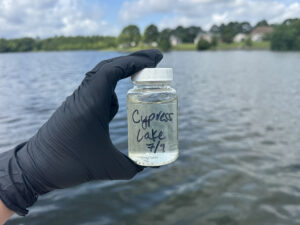
Specialist investigates lake connection to mysterious skin rash
July 10th 2025
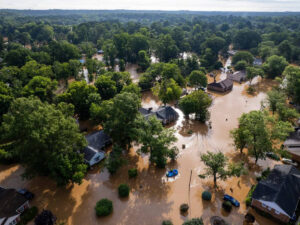
Riverkeeper: Central NC flooding part of a much larger issue
July 10th 2025

N.C. Governor vetoes bad rulemaking bill
July 10th 2025

Riverkeeper, program director ‘Growing More than Rain Gardens’
July 10th 2025
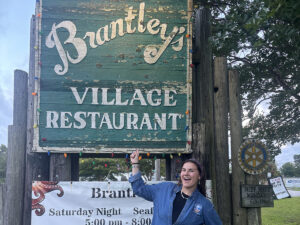
Volunteer coordinator goes ‘fishing’
July 10th 2025
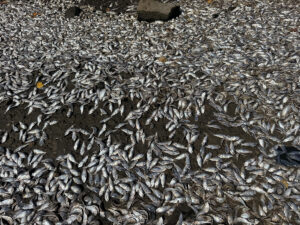
Neuse fish kill expected to extend beyond holiday weekend
July 3rd 2025
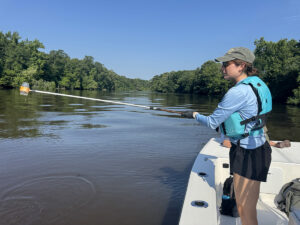
Swim Guide fails prompt Maple Cypress investigation
July 3rd 2025

Riverkeeper, town partners root out source of Smithfield sediment pollution
July 3rd 2025
